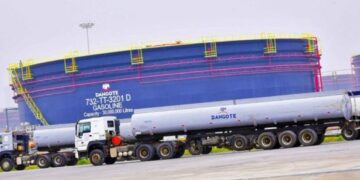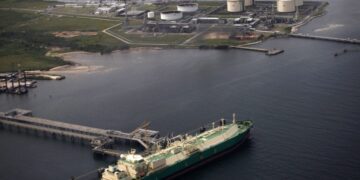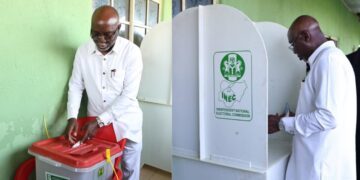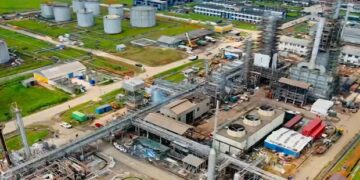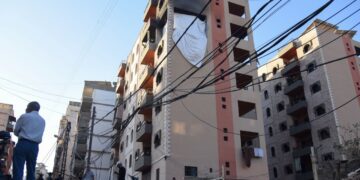The scarcity of Premium Motor Spirit (PMS) popularly known as petrol that hit the Federal Capital Territory over a month ago has spread nationwide, with growing fuel queues and the product selling at over N1,000 per litre in some places.
The scarcity led to disruption of commercial and social activities at the weekend in Abuja and the country’s commercial capital of Lagos, as well as Kaduna, Kano, Port Harcourt, Niger, Nasarawa, and several other states.
Many filling stations shut down their operations due to the severe undersupply of PMS. Although NNPC Limited had said the shortages were caused by “distribution” challenges, it did not specify the cause of the current spike, which had lingered in Abuja and environs for over four weeks. However, NNPC Limited denied reports that it was indebted to international oil traders to $6.8 billion and had not remitted revenues to the Federation Account since January, among other allegations.
In several parts of Abuja, a 10-litre container of petrol sold for as high as N12,000 on the black market, while private filling station owners sold for between N700 and N1,050 per litre, depending on location. However, the few NNPC mega stations in Abuja still sold for N617, but with queues stretching several kilometres. The situation led to the skyrocketing of transport fares, with the doubling of rates on many routes within Abuja.
Speaking on Arise Television at the weekend, the president of the Independent Petroleum Marketers Association of Nigeria (IPMAN), Abubakar Maigandi, blamed the situation on “panic buying”. Maigandi said, “There was a protest for almost seven days and most of the depots were not loading. During the protest, we informed all our marketers to sell their products in 24 hours so that there would be no side effects in terms of the purchase of petrol. Immediately they called it off, then we rushed to where we were supposed to load this product, and we started loading. Some truck drivers are on the way, but we are having some challenges. The vessels that are supposed to bring the product to the tank farm were experiencing some delays in movement due to the rain, but that problem has been resolved.”



















